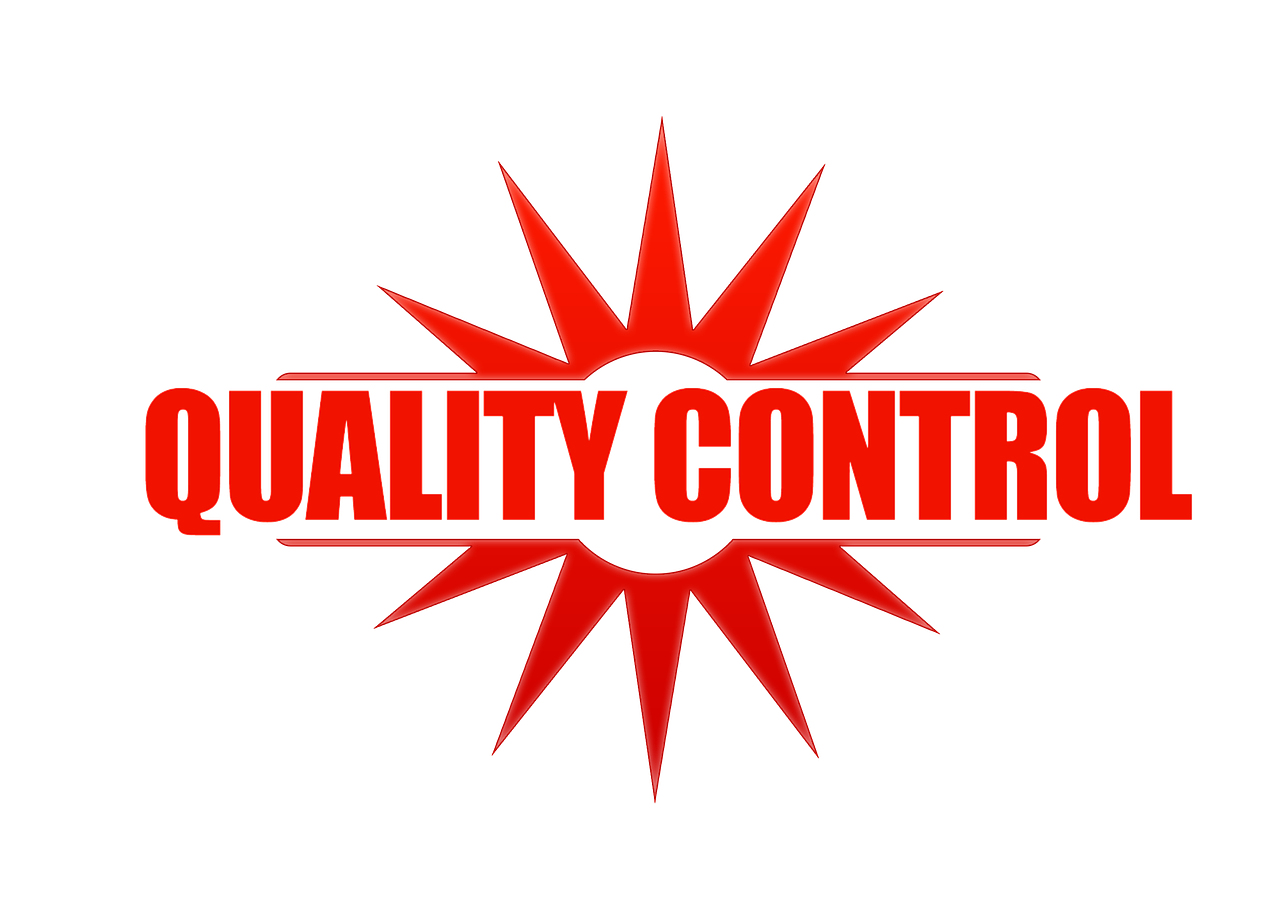Welcome to the Keystone Column. This week we look at how to deal with losing bids in a procurement process, and as usual this week’s free weekly list of Irish government tenders is included in out e-Tenders report.
Dealing with losing bids
It can be hard to accept the submission of losing bids in a procurement process. Independent estimates state that the opportunity cost of submitting a typical bid can be between €2,500 and €5,000 depending on the size and value of the contract. There are three common scenarios that companies are faced with should they wish to reflect on the process or take issue with the outcome:
- The company should not have bid and/or its losing bids are of poor quality;
- The company submits strong bids but is dissatisfied with its outcomes; or
- The company wishes to appeal / contest the decision.
We deal with the first scenario in this post from March 2016:
When to bid
Basic modelling indicates that well in excess of 20,000 losing bids are submitted in public tendering contests alone each year. At lower end of the scale, this represents an investment in public tendering by unsuccessful businesses that is at least equivalent to the total amount of funding distributed through business support schemes like SURE and EISS (c. €50m per annum) by the Department of Jobs.
One favour many businesses could do themselves is to become more discriminating. That will automatically reduce the costs borne by businesses submitting losing bids. They can do this by developing a set of criteria that ensures that they only bid when they are reasonably confident (80% or higher) that they can be competitive. Sample trigger questions can include:
- Do they know people in the company and how will do they know them?
- Do they have many contracts of an equivalent size and scale?
- Will they be competitive on price?
- Do they have the right quality management systems and appropriately trained personnel?
In almost every contest, there is a business that can give a strong or very strong yes to all these questions. This should be borne in mind by all bidders.
Bid quality
A further factor is bid quality. Many businesses simply do not know how to bid. There is a direct and causal link between poor quality bids and losing bids. This can be because they bid infrequently and have not built up in-house capability or because they lack the time to do an effective job. Sometimes, boiler-plate bids (generic content with little adaptation to take account of the buyer’s needs) are submitted. A boiler-plate bid, even one that has good graphics and strong technical writing is still a poor quality bid unless the company significantly adapts its content to meet the buyer’s requirements. All bids should focus on the buyer’s needs. The more tailored they are, the more seriously the bid tends to be taken (all other things being equal like technical writing, graphics and content).
Actions for bidders to consider:
- Establish a set of criteria that must be passed before the business decides to enter a bid (public or private sector).
- Ensure that the internal capability to submit bids is in place, there is a plan in place to improve these skills or your business partners with bid specialists that can ensure company procurement bids are as competitive and professional as they can be. For more on this click here.
New public procurement tenders this week
Visit the Keystone website to view our take on the 500+ active public procurement opportunities with more than five days until their deadline. There are a vast range of services, supplies and construction related to public procurement opportunities in the following sectors (there are many more sectors than the sample list below):
- Construction and related trades,
- Professional & Advisory Services,
- PR, Media, Advertising and related,
- ICT supplies and services,
- Training,
- Property & facilities management,
- Vehicle & automotive,
- Catering and related services,
- Cleaning and related services,
- Waste Management,
- Maintenance and related services,
- Horticultural supplies & services,
- Research & environmental monitoring,
- Printing, office supplies and related services,
- Trades,
- Medical and scientific research, supplies and services,
- A vast range of other services and supplies.
Businesses interested in any of these strategic procurement opportunities that are unsure of how they can follow-up on these tenders can contact Keystone at any stage. We would be happy to discuss your needs and where they may fit with your business growth plans. These public procurement opportunities are sources of business growth and innovation for companies across the country.
Please note, e-tenders often has public procurement opportunities incorrectly categorised so people relying on e-tender alerts could easily miss out on opportunities if they are dependent on it. E-tenders is only as reliable as the people inputting tenders and mistakes are made very frequently. The Keystone Column includes all live tenders posted on e-tenders that have five or more days until their deadline as at August 8th 2017.

